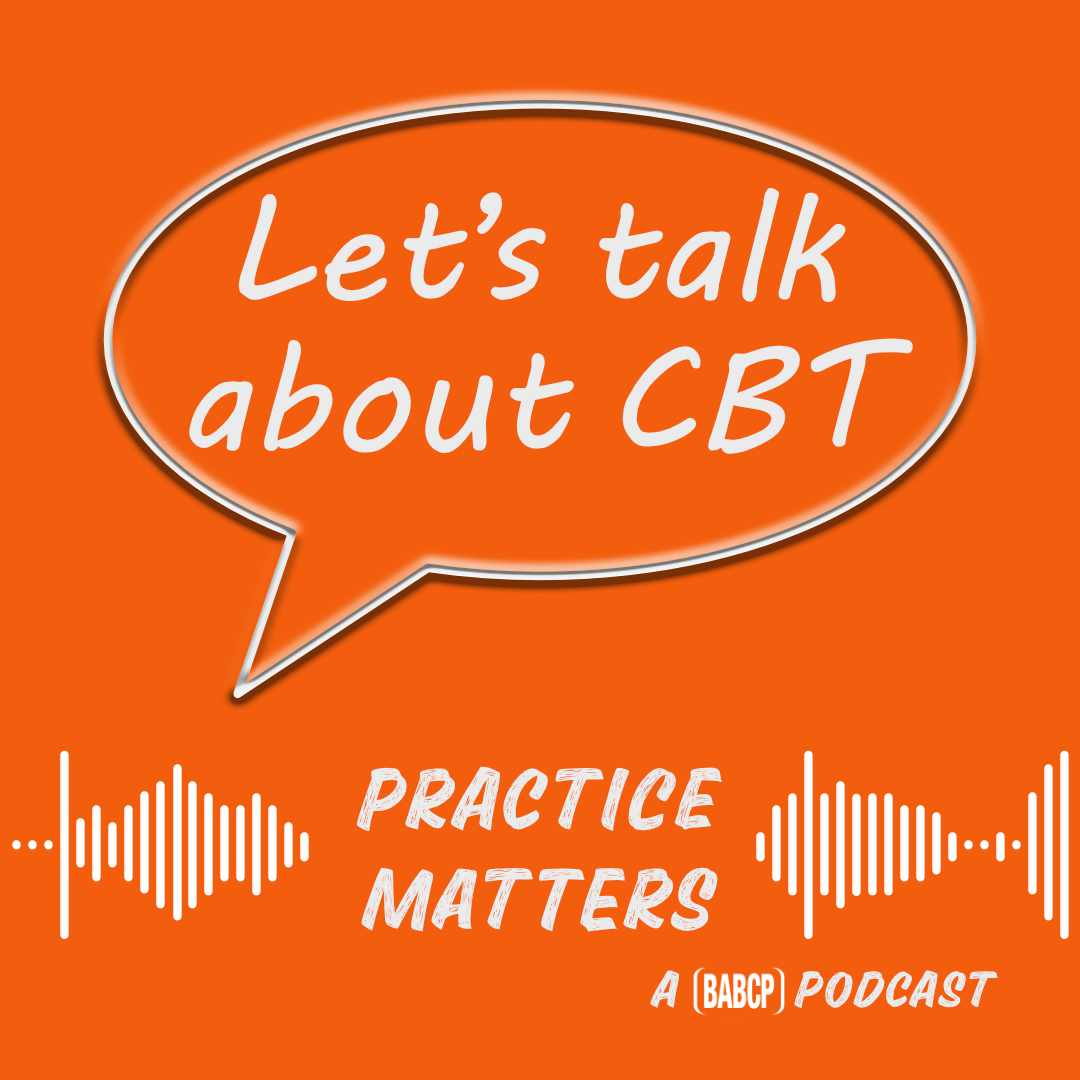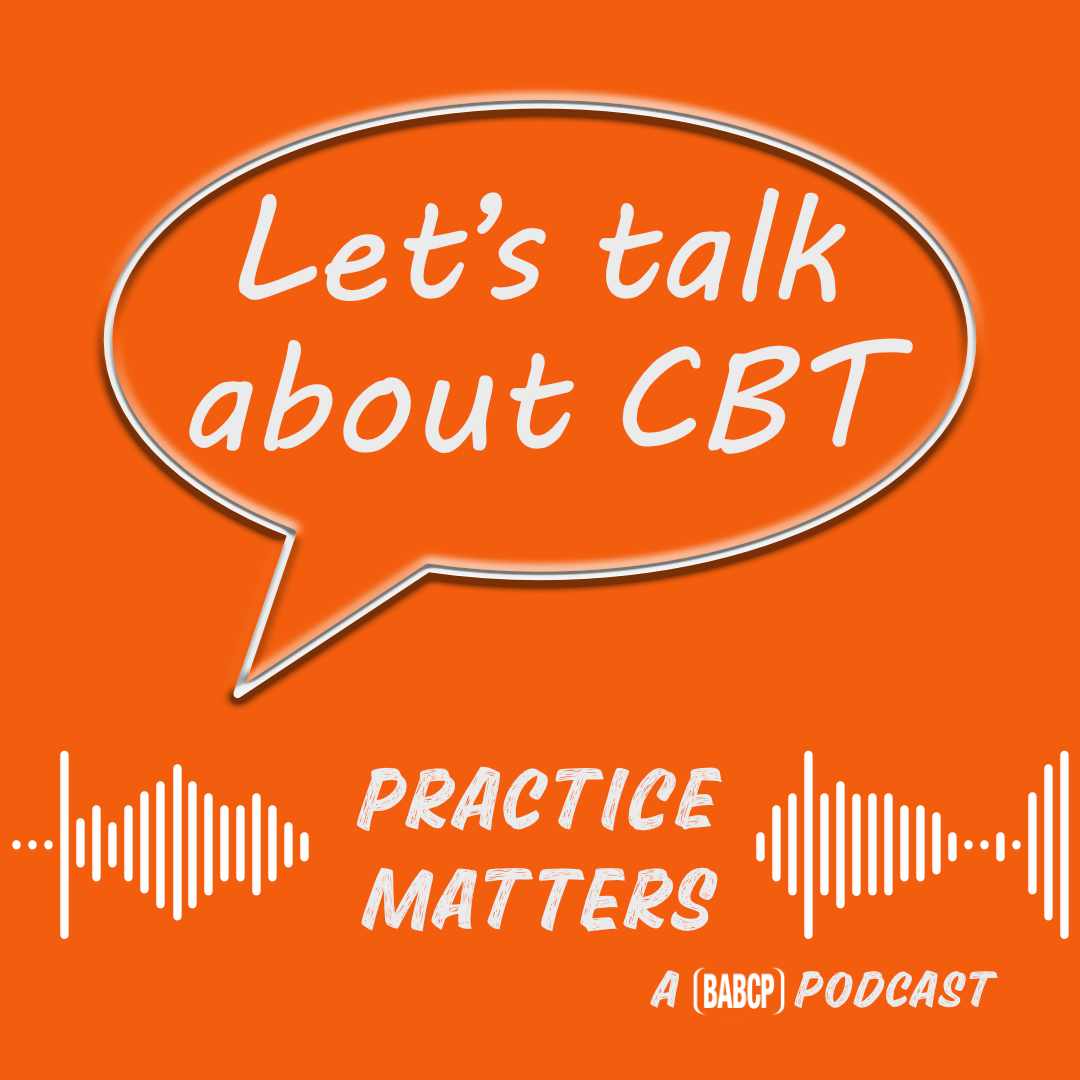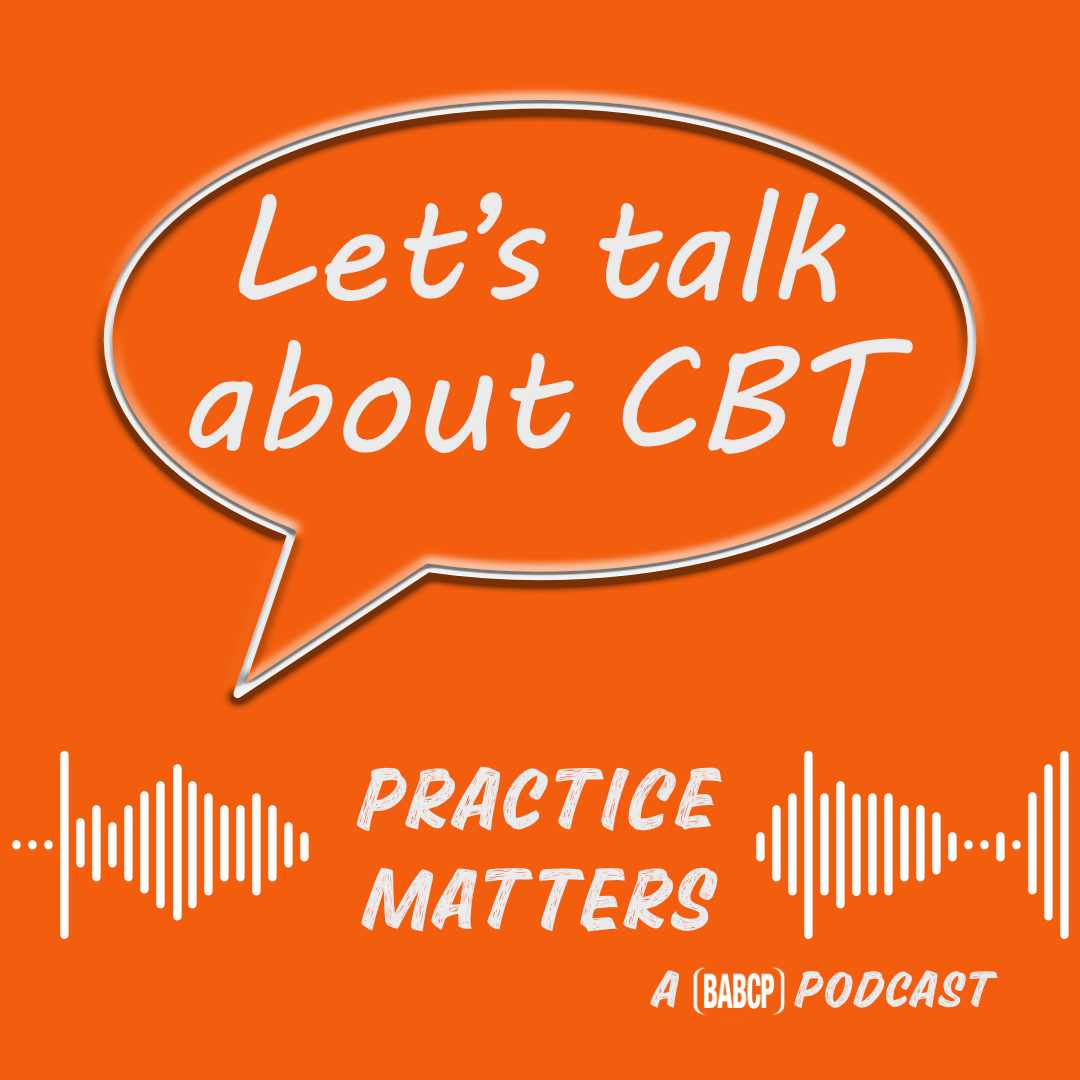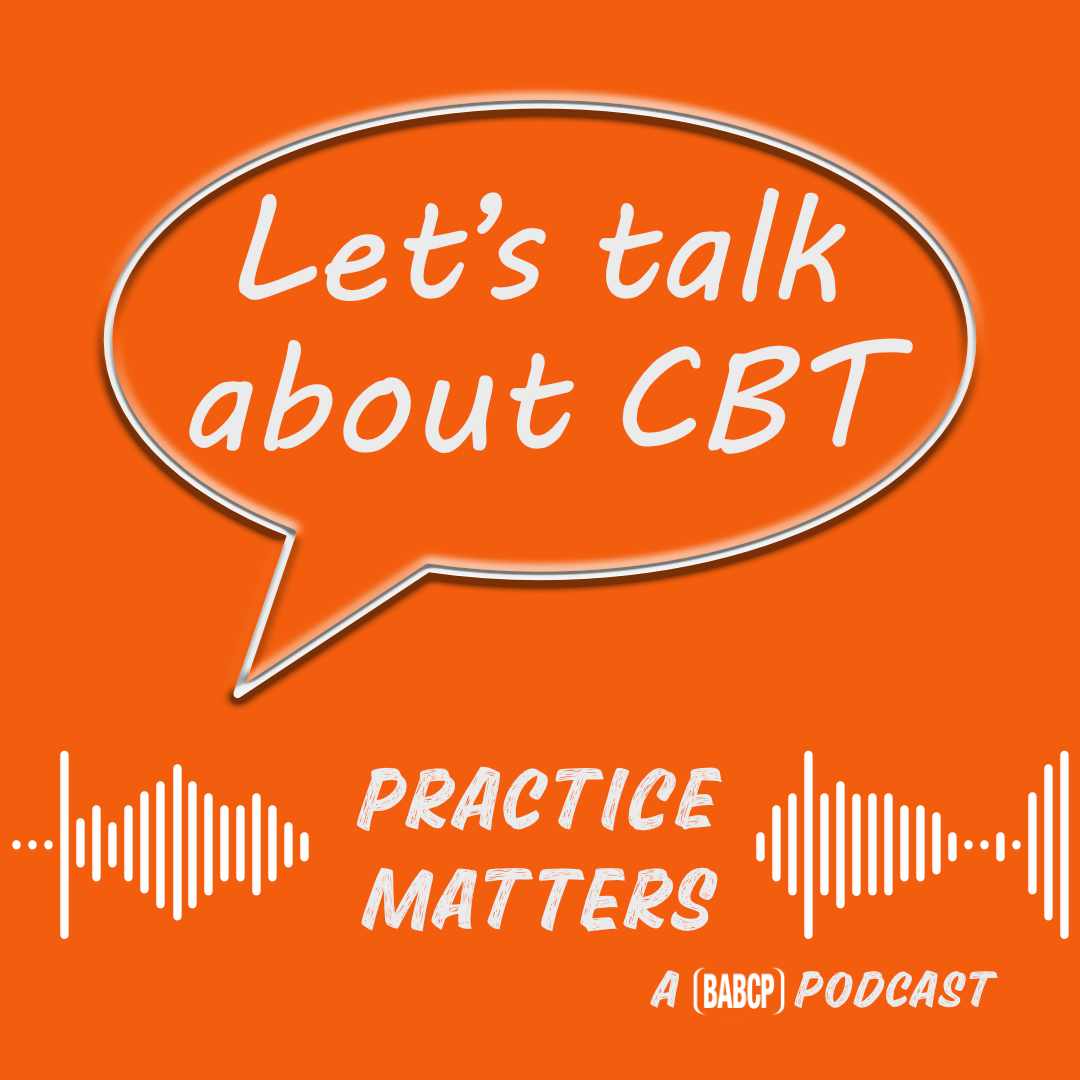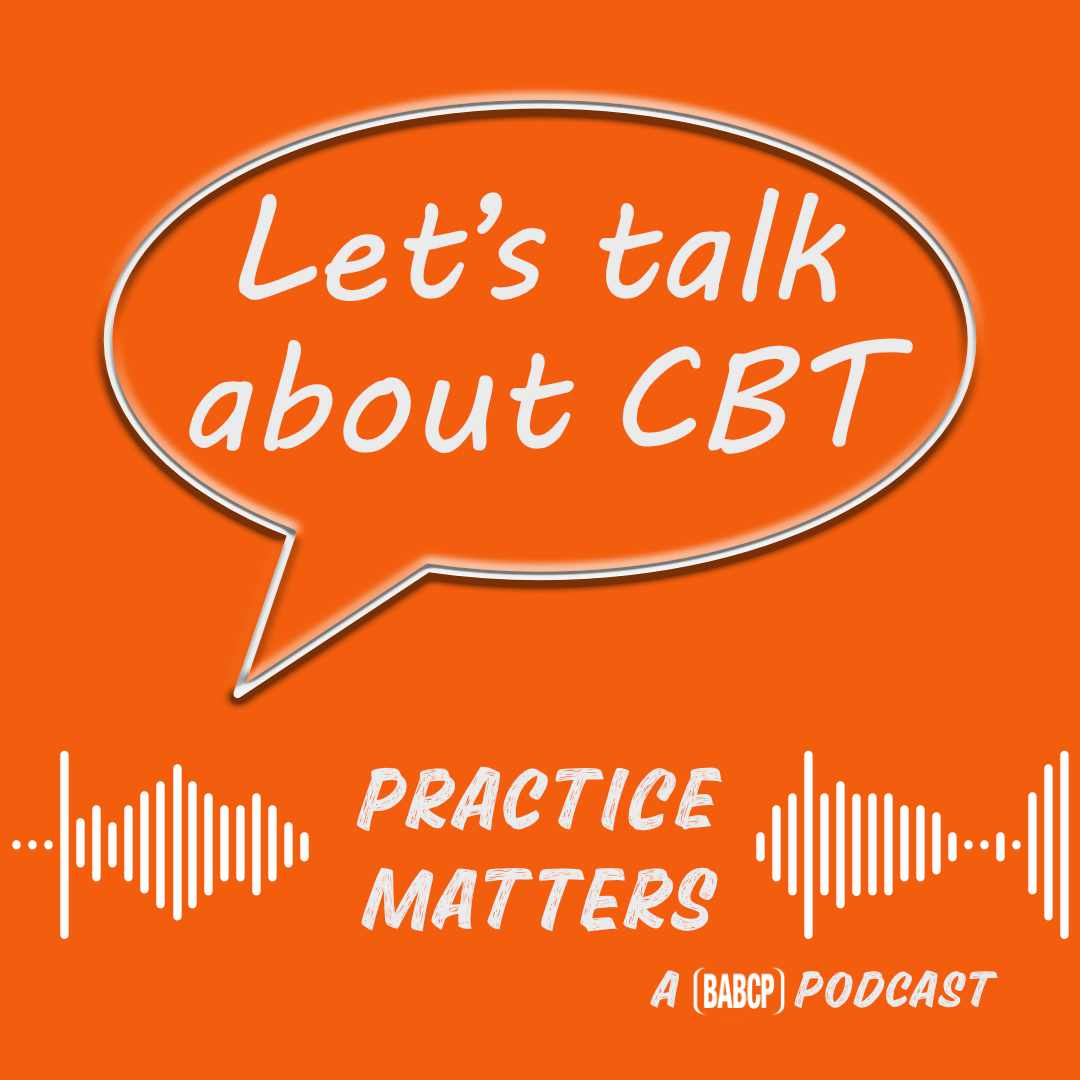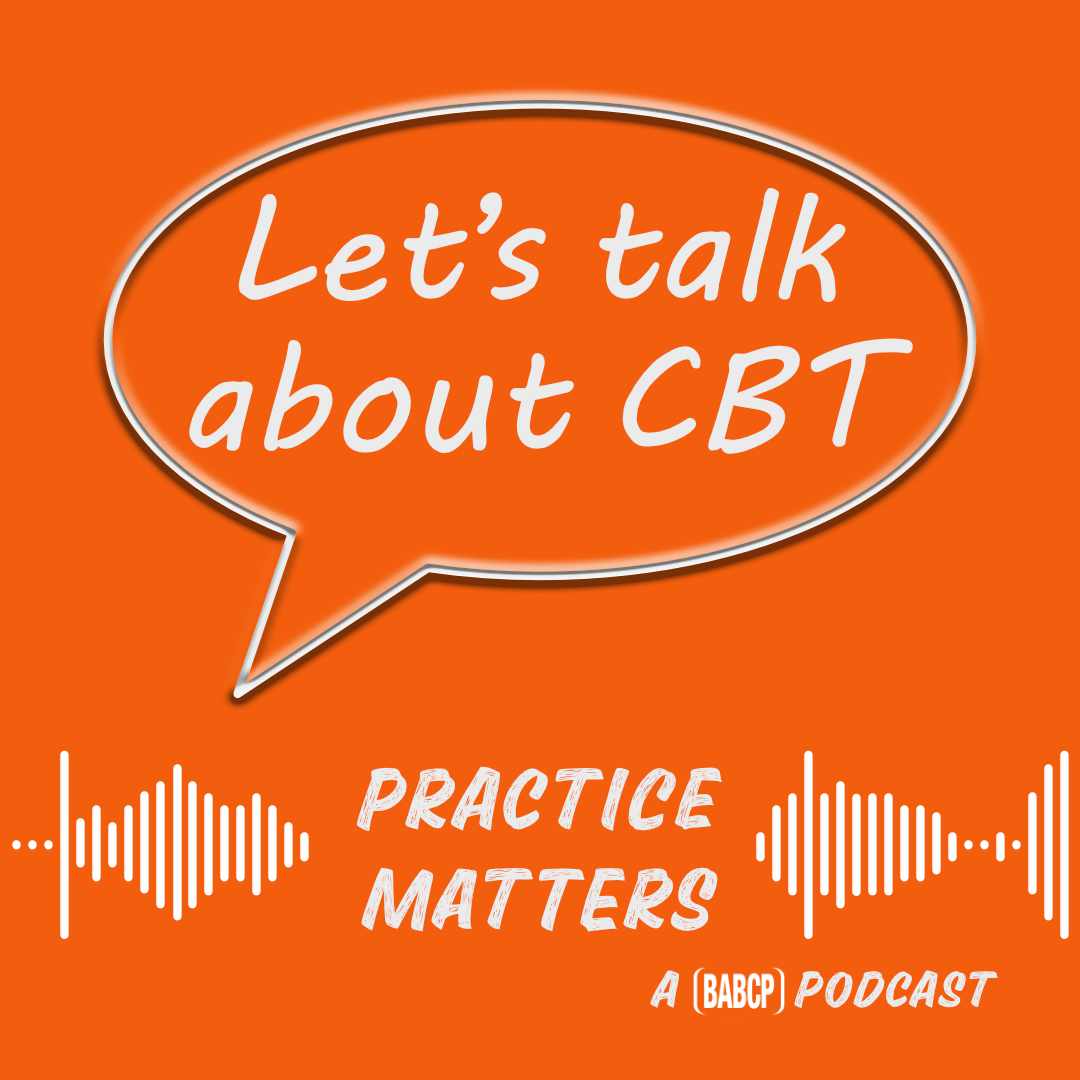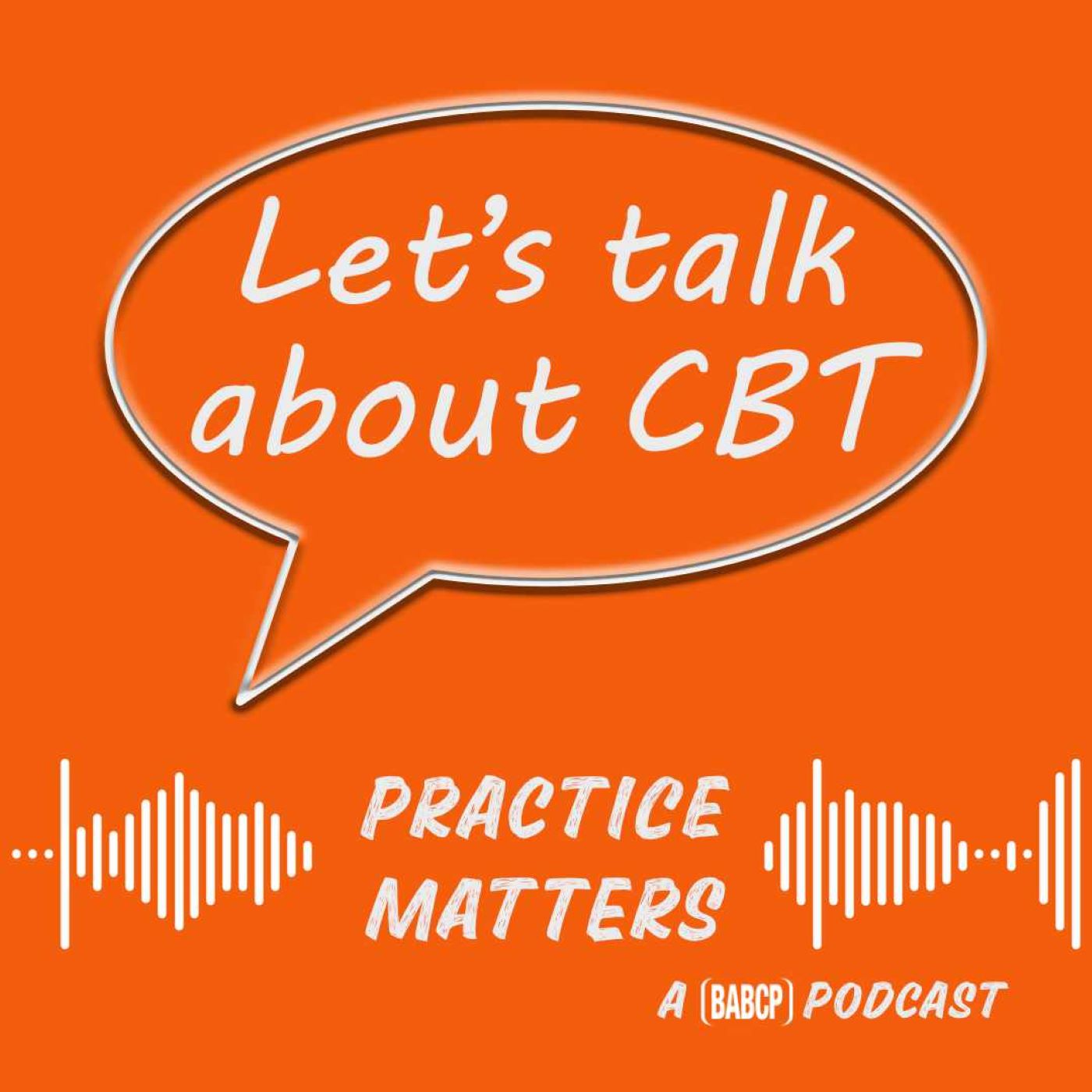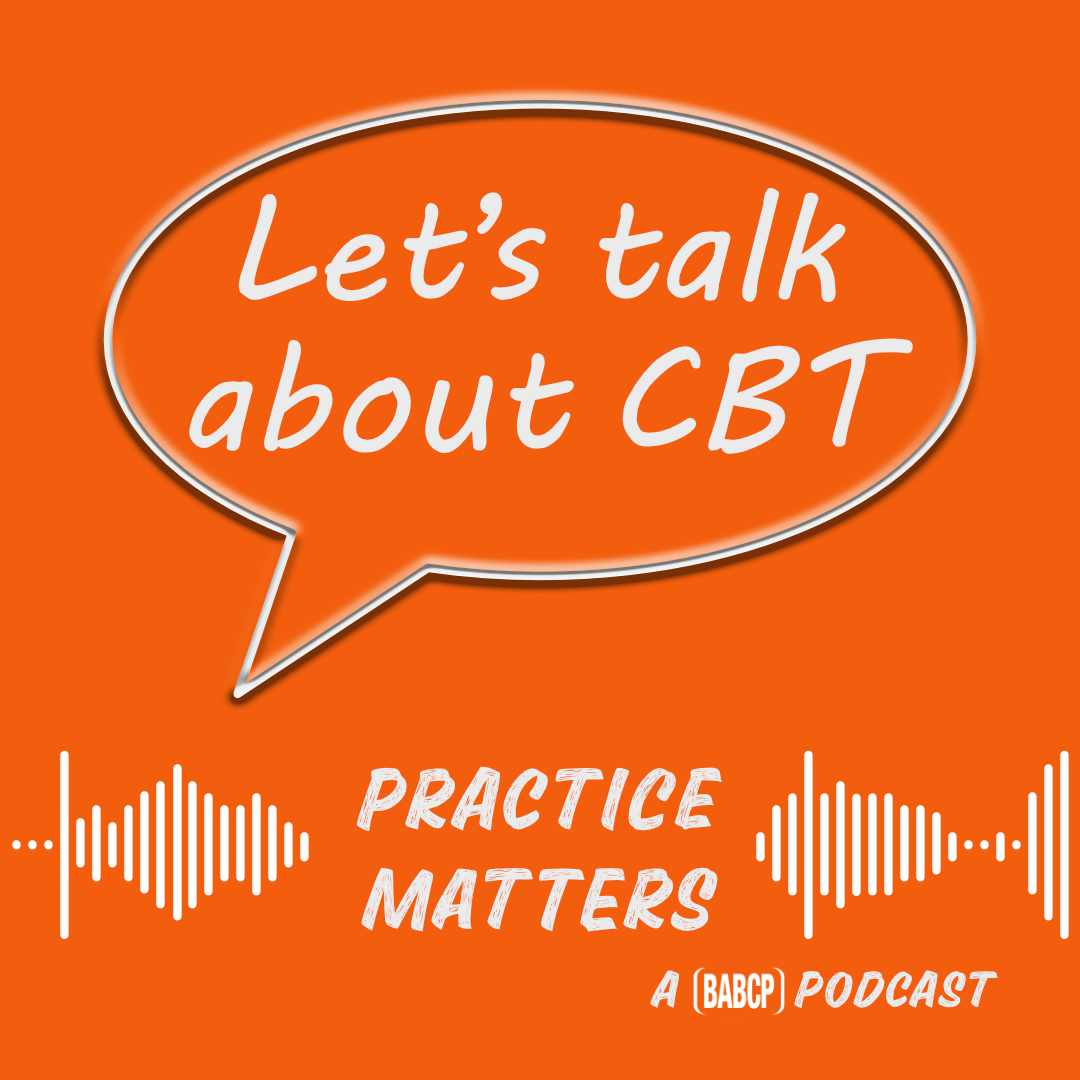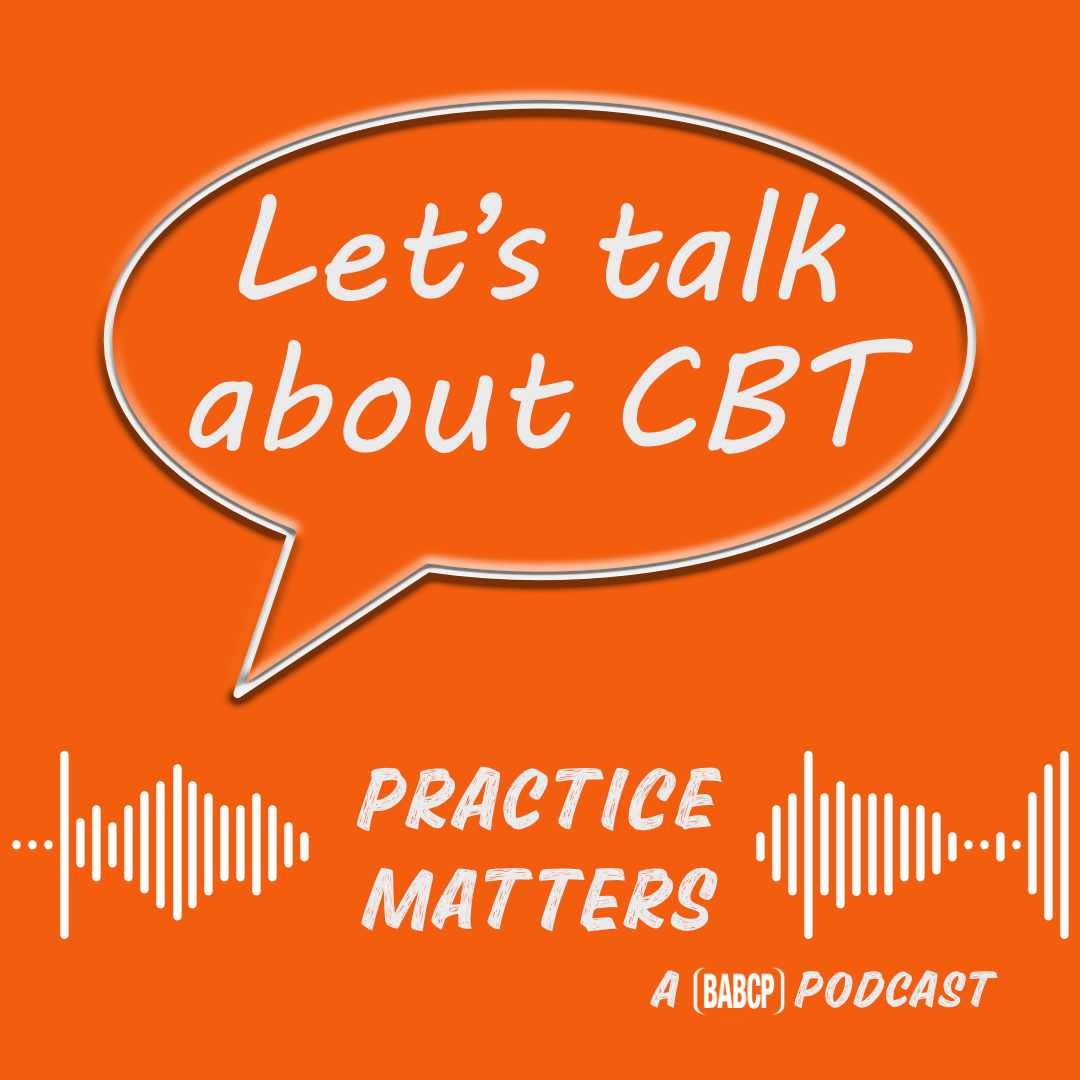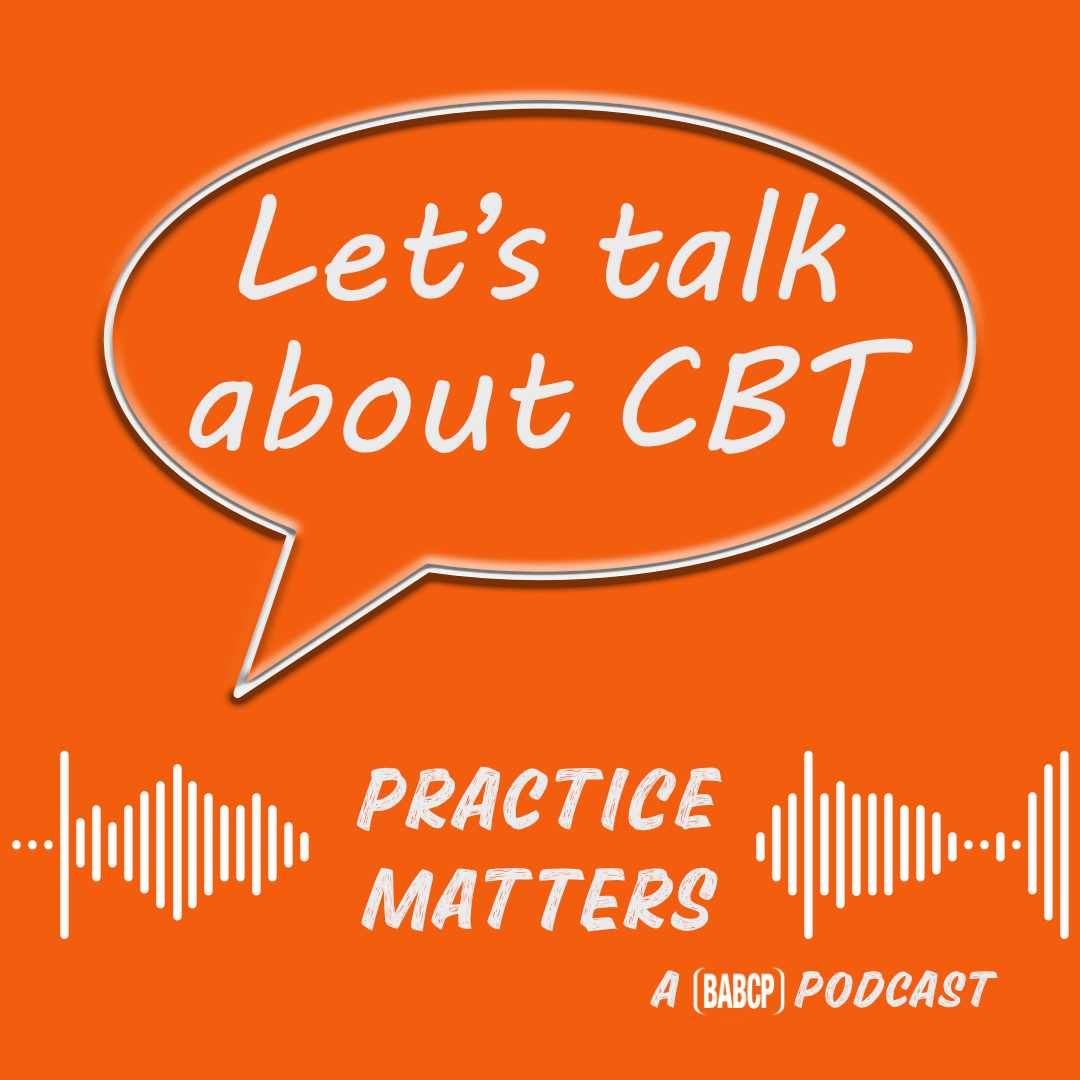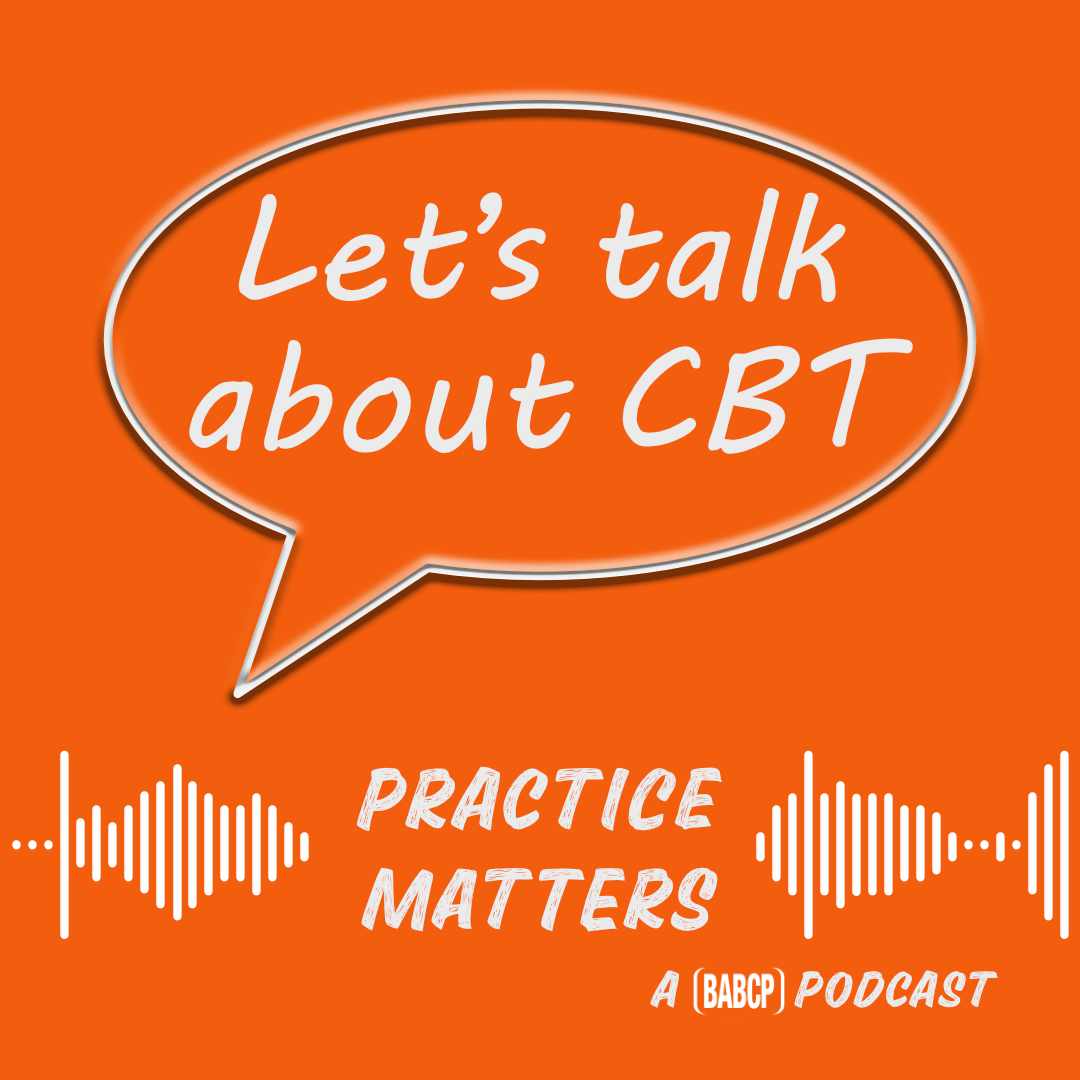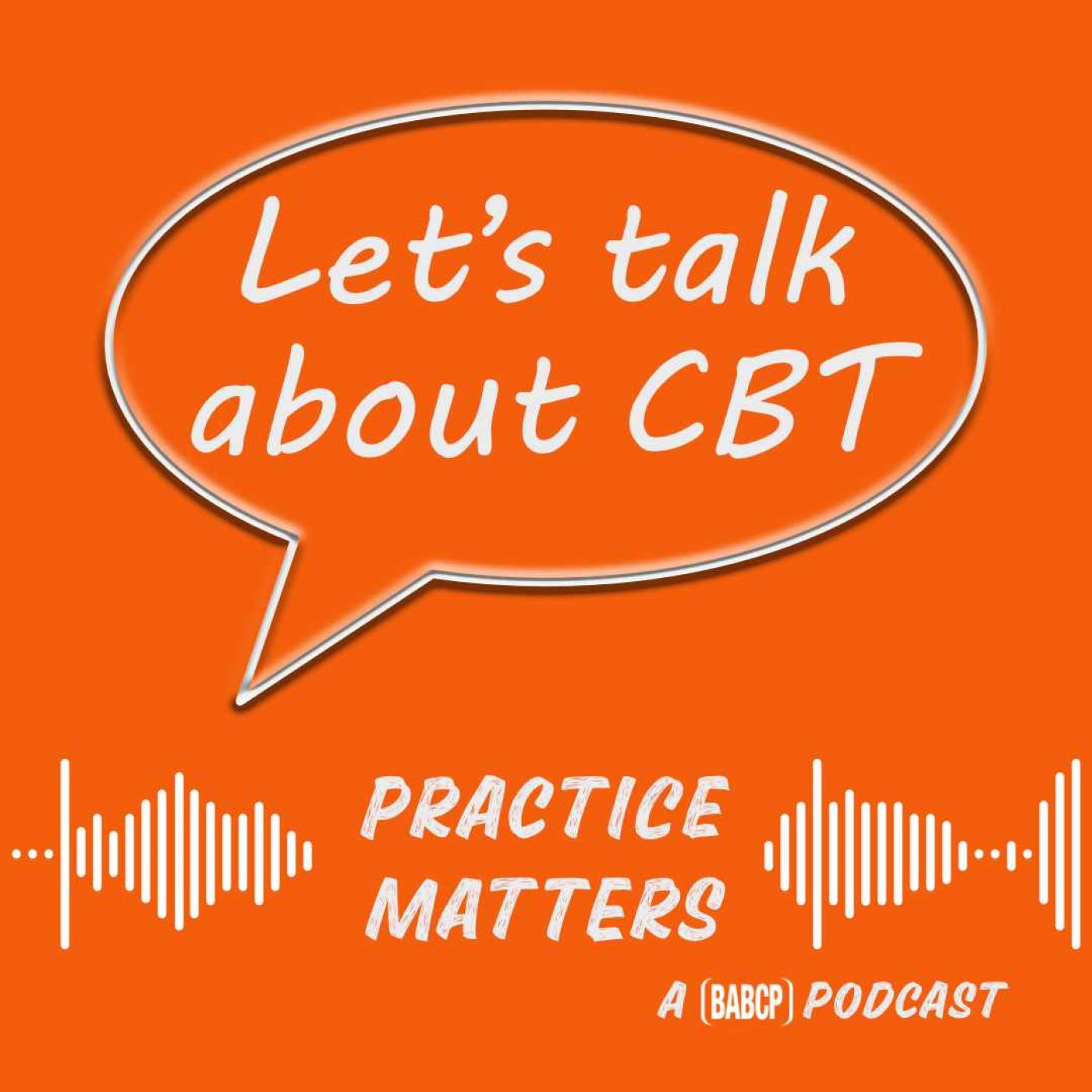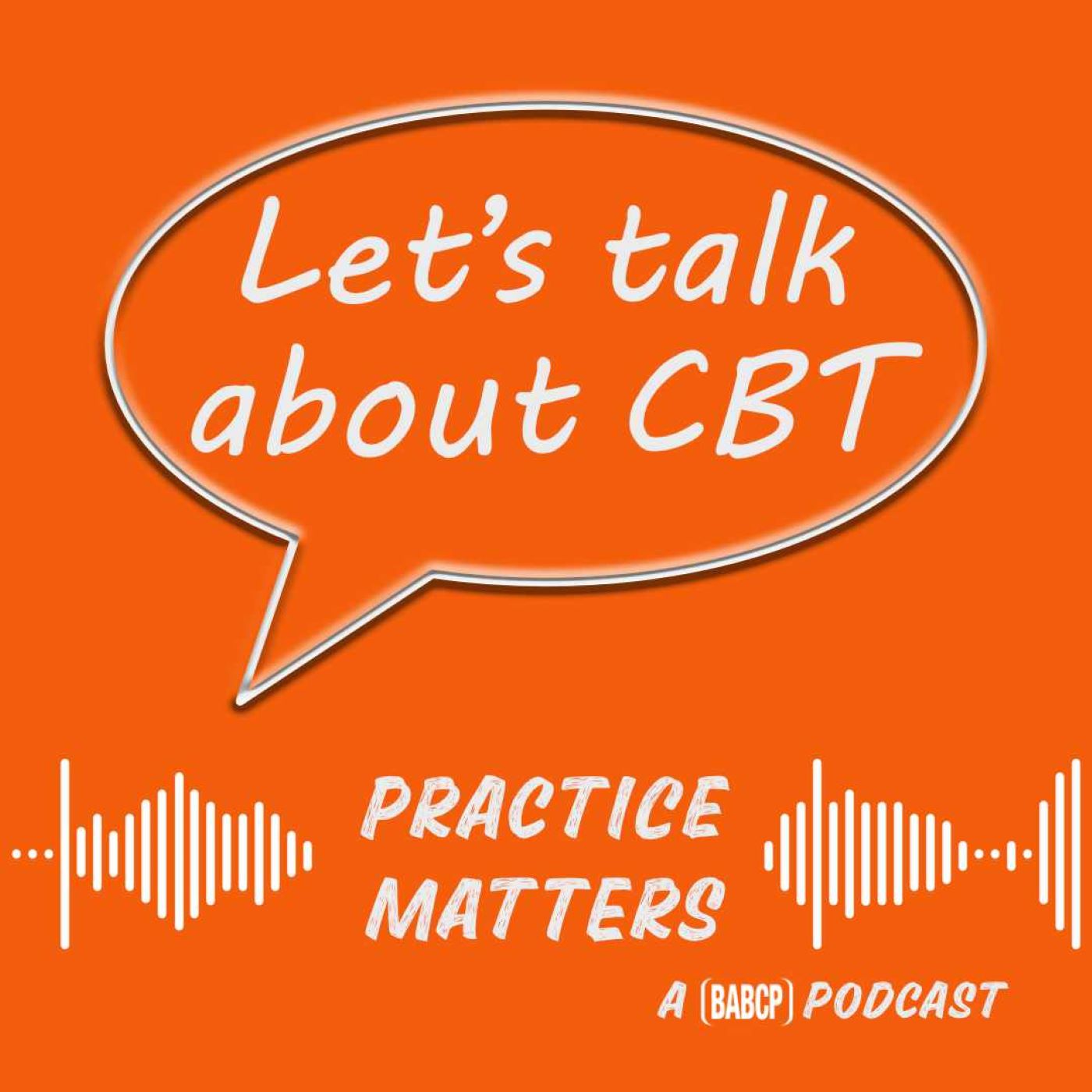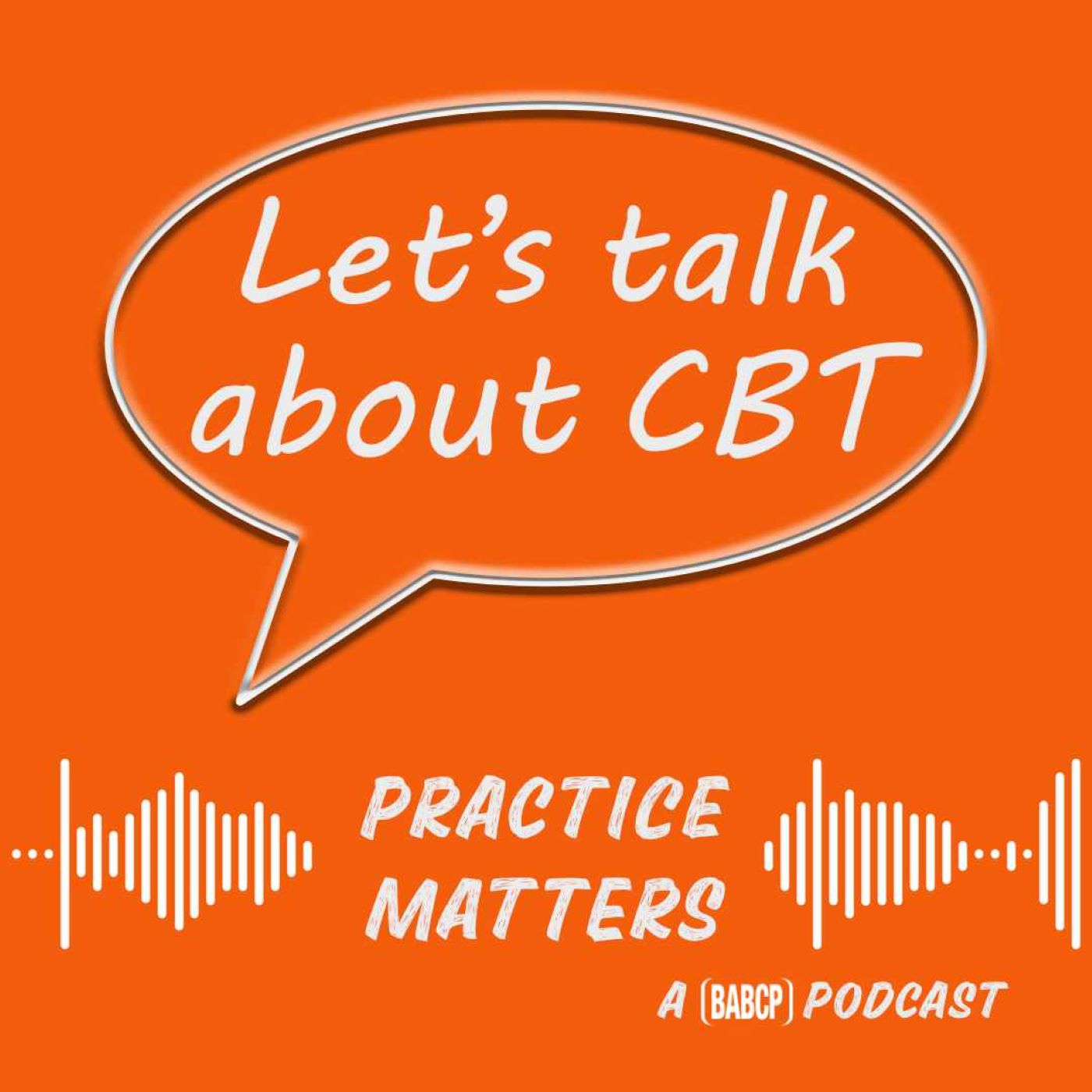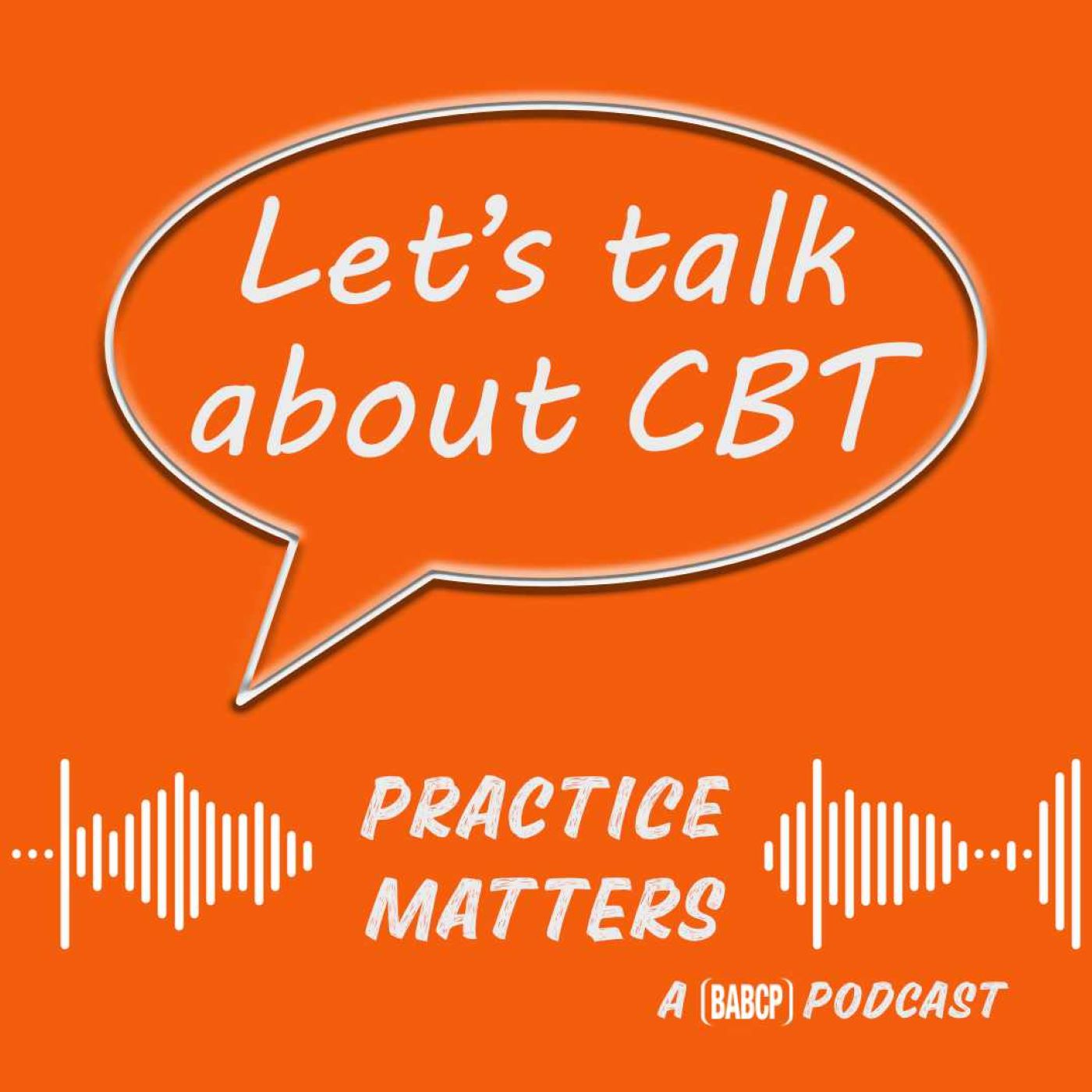Dr Fiona Challacombe on CBT for perinatal OCD and giving parents back their joy
Description
In this episode, host Rachel Handley sits down with Dr. Fiona Challacombe, a leading expert in perinatal anxiety and obsessive-compulsive disorder (OCD), to explore the impact of OCD on new and expecting parents. They discuss why new parents are particularly vulnerable to intrusive thoughts, how CBT techniques can effectively treat perinatal OCD, and the importance of dispelling myths around maternal mental health. Fiona also offers practical advice for therapists working with clients presenting with perinatal OCD, including how to approach and adapt exposure therapy sensitively during pregnancy.
If you liked this episode and want to hear more, please do subscribe wherever you get your podcasts. You can follow us at @BABCPpodcasts on X or email us at podcasts@babcp.com.
Credits:
Music is Autmn Coffee by Bosnow from Uppbeat
Music from #Uppbeat (free for Creators!): https://uppbeat.io/t/bosnow/autumn-coffee
License code: 3F32NRBYH67P5MIF
This podcast was edited by Steph Curnow
Useful links:
Maternal OCD website- https://maternalocd.org/
Perinatal Positive Practice Guide can be found here: https://babcp.com/Therapists/Perinatal-Positive-Practice-Guide
A list of all Fiona’s published papers can be found: https://www.kcl.ac.uk/people/fiona-challacombe
Books:
Challacombe, F., Green, C., & Bream, V. (2022). Break Free from Maternal Anxiety: A Self-Help Guide for Pregnancy, Birth and the First Postnatal Year. Cambridge: Cambridge University Press.
Bream, V., Challacombe, F., Palmer, A., & Salkovskis, P. (2017) Cognitive Behaviour Therapy for Obsessive-compulsive Disorder. Oxford: Oxofrd University Press.
Challacombe, F., Salkovskis, P. M., & Oldfield, V. B. (2011). Break Free from OCD: Overcoming Obsessive Compulsive Disorder with CBT. Vermilion.
Transcript:
Rachel and Fiona Challacombe
Rachel: Welcome to Let's Talk About CBT Practice Matters, the BABCP podcast for therapists using Cognitive Behavioural Therapy with me, Rachel Handley. Each episode, we talk to an expert in CBT who share insights that will help you understand and apply CBT better to help your patients.
Today we're joined by Dr Fiona Challacombe, lecturer and researcher at King's College London and Oxford University. Therapist, author and leading expert in perinatal anxiety and in particular obsessive compulsive disorder or OCD. Over 20 years, her research has examined the impact of perinatal OCD on women and children, including the first randomised control trial of CBT for postpartum OCD, and treatment effects on anxiety and parenting. She's developed and leads a service for parents with anxiety disorders at the Maudsley Centre for Anxiety Disorders and Trauma and is the author of a number of excellent books and manuals on CBT for OCD, and we'll put some links to those in the show notes for people later on. Welcome Fiona.
Fiona: Thanks so much for having me.
Rachel: It's really, really great to see you, genuinely great to see you, not least because we're long overdue as we've just been talking about pre-recording for a catch up. We go back quite a long way to our, our training days at the IOP with a bunch of brilliant people. Actually, I'm hoping to get some of the others on this podcast. Becky Murphy hopefully will come and talk to us at some point about eating disorders, but loads of great folk that we were really fortunate to train with. And then I feel a certain pride when I read all the things that you've done, it's not really justified, but it's just kind of like a family connection when you've trained together, isn't it? You feel that connection. So, it's just brilliant to have you here and you've been so committed to this work and I know you're really passionate about it. What got you hooked in this field of OCD, personally and professionally?
Fiona: Well, I came to training, which does really feel like yesterday, having worked with Alan Stein on this incredible treatment trial for mums with eating disorders, so that really got me very interested in the early parenting field. And I was really lucky when we started training to train with Paul, I think the first person, one of the first people I ever saw had OCD. And, of course, applying the model as a new trainee, it was just miraculous. It works so well. And getting this understanding of the cognitive model and how responsibility works in this context, putting all of these things together has been an amazing journey really, so starting to understand more about OCD, how well the treatments work, and then thinking about parenthood in that context, it makes so much sense that it's a time of increased risk.
So I was very lucky as a trainee to do my doctoral research with parents with OCD, and it was mums with OCD with slightly older children, and understanding a little bit from their point of view about the impacts on parenting and so on. But in talking to those mums, and doing their SCID, and asking them about how their OCD started, when it started, really, one after another had said, well, it started during when I had my baby, it started during the perinatal period. And after about the fifth person had said this, I really thought, this is very interesting. I hadn't really heard of perinatal OCD. It wasn't something that was kind of on the radar. Perinatal mental health services were at a completely different point. It just really was before all the transformation stuff. And whilst most of us were aware of postnatal mood changes and so on, the idea that other things could occur at this time was like a really a not well understood idea, but it was really striking. So that's really all of those things together, what kind of brought me to this topic. Thinking about this early stage, why would it be that this perinatal period would be such a time of kind of onset, really, and risk for this problem?
Rachel: And you mentioned there, Paul Salkovskis, who I've just recently recorded another podcast with on OCD more generally, which will hopefully be available to folk at the same time as this. And he's been such a great figure in this field, hasn't he? And someone fantastic to work with in your training and we know from him that OCD is a really widespread problem. It's a smaller problem in sense, statistically, than maybe other, mental health problems that people experience, but nevertheless really significant. And when it afflicts women in that perinatal period, it comes at a really vulnerable time for them, doesn't it? And their children. Can you tell us a bit about how significant a problem it is in that period, how often people have that problem, how it impacts them.
Fiona: Yeah, so again, we haven't had good data on this really until very recently, there just aren't those big studies, but it does make sense that it's a time of increased risk because I think if you had to make a sort of cocktail for anxiety problems, you would put in a high dose of kind of responsibility, uncertainty, feeling kind of de skilled, and it has all of those elements and all the physical changes and things that kind of make life a lot more challenging. But really the studies hadn't been done. So, we know OCD affects sort of one to two percent of people at any time, a bit more over a lifetime. But there was a fantastic study by Nichole Fairbrother, which gave full kind of diagnostic interviews to a whole cohort of people, as they went through pregnancy into the postnatal period. But what Nichole did was to be really kind of, specific about asking them not only about our common understanding of obsessions and compulsions, and do you check doors and taps and things like that, but also to ask them about infant specific perinatal thoughts, so are you kind of checking the baby excessively and so on. So that study found a very high prevalence, particularly postnatally, so over the whole perinatal period, the whole prevalence I think was about 7%. So, whilst there are, I think, really interesting issues about what's normal and adaptive over that period because most parents can relate to kind of a time of excessive checking and feeling uncertain about things, and all the things that we're very familiar with in terms of the concepts related to anxiety. For a proportion of those people, it clearly is very troubling and impairing and persistent. So, I think there is this genuine increase in prevalence around this time but it can be hard, very hard to sort of distinguish exactly what's what and I think health anxiety probably is fuelling that as well. But it's definitely a time of increased risk. I think we can say that quite confidently, and particularly in the postnatal period and particularly for intrusive thoughts of deliberate harm in that area really is quite distinct to OCD in the sense of it b

